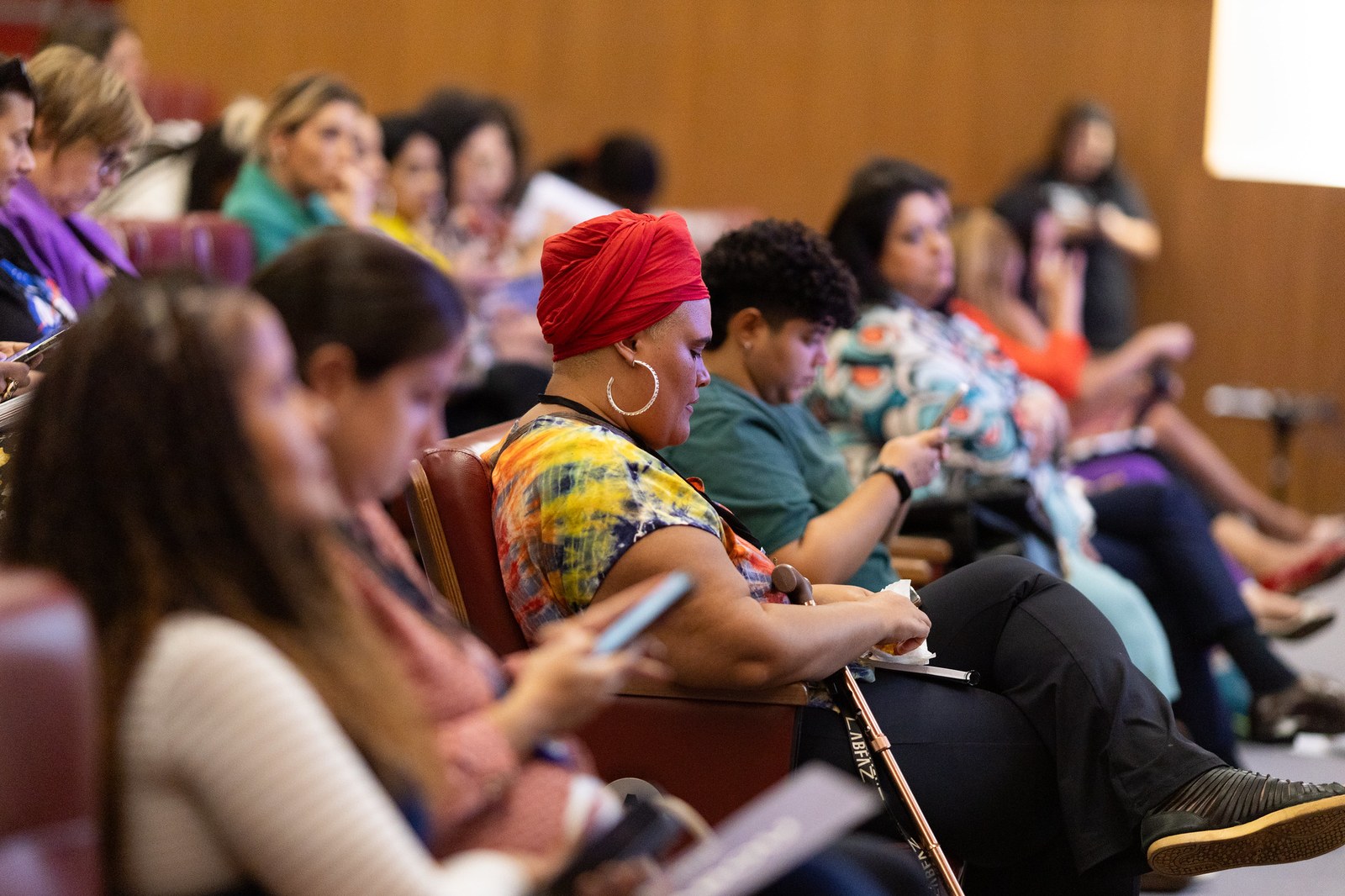National Dialogues: Women (W20) Addresses Strategies to Combat Violence Against Women and Girls
The “Regional Dialogues” project, organized by the G20 Women's Engagement Group, is slated to occur throughout the five regions of the country. In April 2024, Brasília served as the venue for deliberations centered on intersectionality, the reinforcement of public policies, and the establishment of robust data measurement methods. Notably, these discussions were graced by the presence of Brasil's Minister for Women, Cida Gonçalves.

The recent meeting hosted by W20 on Monday, April 22, 2024, in Brasília, DF, focused on deliberations surrounding strategies informed by intersectionality, the reinforcement of public policies, and the assurance of comprehensive research and data concerning the prevention of violence against women and girls. As an integral component of the “National Dialogues” initiative, the discussions in the Federal Capital were centered on two primary themes: “Public Policies for Addressing Violence” and “Measuring to Act: The Role of Data and Research.”
In addition to these discussions, the event provided an opportunity for an overview of the G20 Social agenda, a presentation on the W20 initiative, and an emphasis on the priority of addressing gender, race, and class intersectionality within both the engagement group and G20 deliberations. Cida Gonçalves, Brasil's Minister for Women and coordinator of the G20 Women’s Empowerment Working Group, actively participated in these discussions.
“We must initiate a significant mobilization effort to foster behavioral change, demonstrating the feasibility of cultivating relationships based on other types of feelings rather than perpetuating hatred and violence against women, particularly black women, who constitute the majority of victims in Brasil and globally. Our aim is to explore the G20 member states' capacity to develop a strategy capable of reshaping global relationships, recognizing that our foremost responsibility as governments is to enact effective public policies," stated the Minister.
Strategies for Addressing Violence Through Public Policy
The first panel of the event underscored the imperative to amplify attention and investment in preventing violence against women. Emphasis was placed on fostering social transformation through the cultivation of positive social norms, addressing the needs of groups facing greater social vulnerability, bolstering female leadership initiatives, and implementing projects aimed at enhancing autonomy for women and girls. Additionally, the panel delved into the discourse surrounding constructions of masculinity, with the objective of challenging and reassessing traditional gender roles as an integral aspect of the quest for solutions.
The panel was moderated by Maria José Tonelli, a Professor at the Getulio Vargas Foundation (FGV), and included presentations by Ana Teresa Iamarino from UN Women (The United Nations Entity for Gender Equality and the Empowerment of Women), and Luana Silva from the United Nations Population Fund (UNFPA).
Measuring to Act: the Role of Data and Research Actions
The subsequent panel, moderated by Janaina Gama, co-head of W20, included participants Beatriz Accioly from the Avon Institute, Raquel Preto from the Brazilian Bar Association (OAB), Regina Célia, Vice President of the Maria da Penha Institute, and Yuri Ledra, Legal and Ethics Director of ENGIE Brasil.
"Maria da Penha endured nearly 20 years for the legal process to reach a conclusion, culminating in her book “I Survived... I Can Tell” However, many women who survive violence still suffer in silence. This underscores the importance of comprehending the power of data, as it has the potential to break the cycle of violence across generations. This is a legacy owed to young women," stated Regina Célia.
Additionally, there was a strong emphasis on the necessity of commitment from the private sector regarding this issue, along with the call for increased public investments in the field. Insufficient funding poses a significant obstacle to the implementation of data measurement essential systems for analyzing projects aimed for combating gender-based violence.
The event concluded with an active listening sessions held simultaneously in four separate spaces, during which the key points from the discussions were synthesized and the dates for upcoming meetings were announced. The event was livestreamed on YouTube.
Upcoming Dialogues
The “National Dialogues” will extend until June 2024, encompassing the remaining three regions of the country — north, northeast, and south. Each region will delve into one of the thematic axes designated by the engagement group for this year. The first meeting took place in Rio de Janeiro, RJ, focusing on the “Economic Empowerment of Women in Business.”
“Attempting to represent the desires and recommendations of an entire country without first listening to its diverse voices is impractical. Instead, we have found it more effective to engage directly with the regions. Identifying the discussions and issues within the W20 allows us to address them with greater precision and focus. This approach has yielded positive results, as evidenced by the increased engagement of organizations and institutions," stated Ana Fontes, W20 Chair.
The upcoming meeting of the “National Dialogues” is scheduled for May 14, 2024, in Recife, the capital of Pernambuco State, with a focus on the theme of “Care Economy.” Subsequently, on May 22nd, in Curitiba, the capital of Paraná State, the discussion will center around “Girls and Women in STEM.” Finally, on June 5, 2024, in Belém, the capital of Pará State, the topic of “Climate Justice” will be addressed.